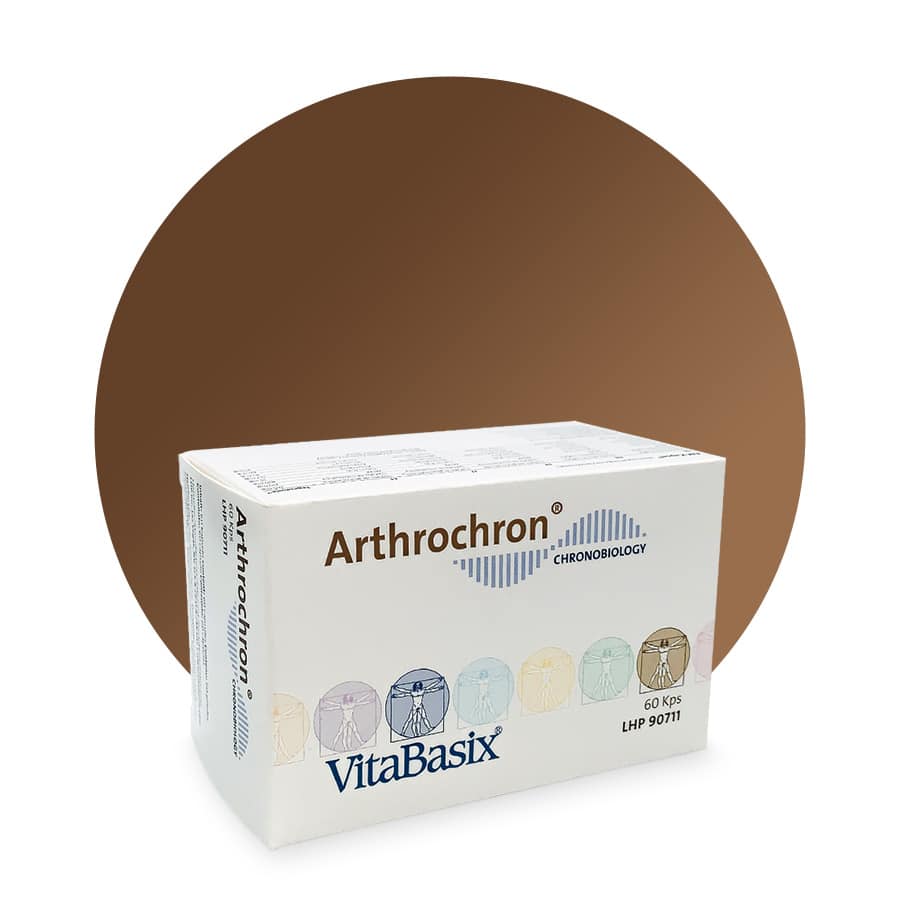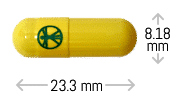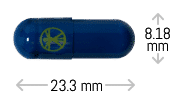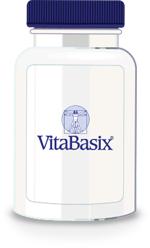Concerns about joint and cartilage health tend to increase with age and are usually also accelerated by factors such as obesity and lack of exercise.
The following substances can support the normal function of the joints in the best possible way:
Glucosamine: Found in the exoskeletons of shellfish, fish and in animal cartilage. It is a component of connective tissue, cartilage and synovial fluid. Glucosamine occurs in different forms. The sulphate form (stabilised with a mineral salt) is the most common. Potassium chloride is also suitable for stabilisation, and since the modern diet is usually deficient in potassium, it is suitable for supplementing certain foods.
Chondroitin: This substance is found mainly in foods such as oysters, mussels and meat. Chondroitin is a component of glycans, which are also crucial for the formation of cartilage. Its basic structure contains an aminosaccharide, also called galactosamine. It gives articular cartilage its structure and is responsible for its water-binding capacity and for nutrient permeability. The latter is particularly important because cartilage contains no blood vessels and is only nourished by diffusion. Similar to glucosamine, the stabilised form of chondroitin is also a sulphate.
Hyaluronic acid: Foods such as meat, bone broth but also potatoes contain a lot of hyaluronic acid. Hyaluronic acid is the main component of the synovial fluid between the joints. However, considerable amounts of hyaluronic acid are also found in joint cartilage. Hyaluronic acid belongs to the group of glucosaminoglycans and consists of very long molecular chains that normally cannot be absorbed well by the body. Among other things, it supports the gliding ability of the joint surfaces. If the hyaluronic acid is treated for a certain time, e.g. with heat, the hydrolysed form is produced, which has a significantly better bioavailability.
MSM: MSM (methyl sulfonyl methane), also known as organic sulphur, is one of the main sources of sulphur in our diet. It is found in almost all foods (milk, fruit, vegetables, cereals, meat, fish, etc.), but is often destroyed by excessive heating. Sulphur is also found in cartilage. Here it promotes important regeneration processes, including bone metabolism.
Other nutrients that are important for balanced joint metabolism include vitamin C, zinc, manganese, OPC as well as calcium and resveratrol.




 Chronobrands
Chronobrands




Reviews
There are no reviews yet.